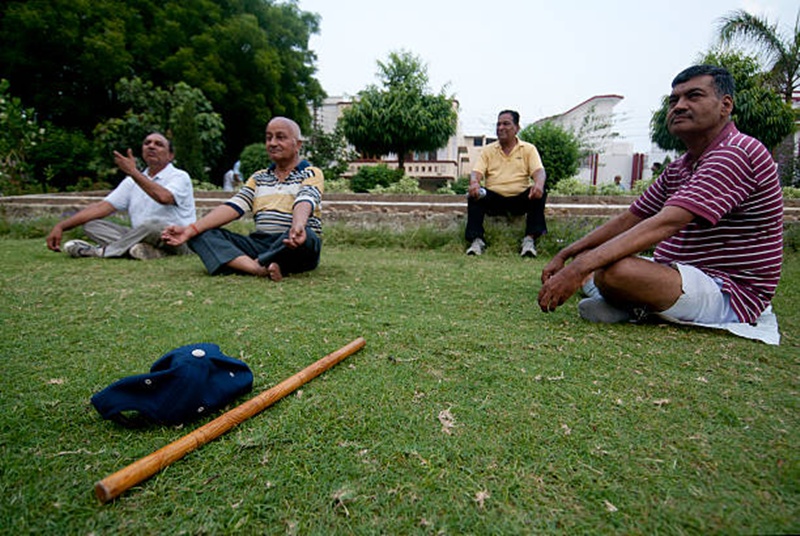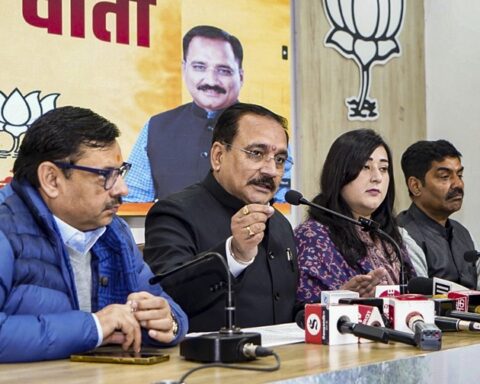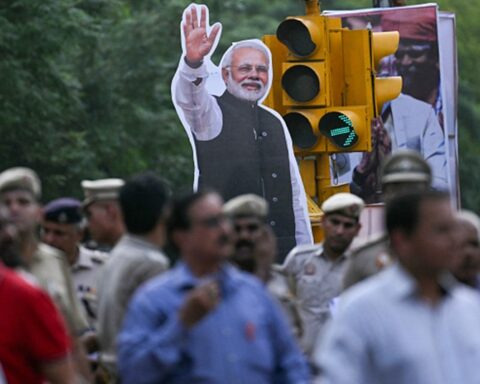For central government pensioners, a pension hike often feels like a festive bonus, arriving just in time to ease financial pressures for living ageing with dignity. The announcement of the 8th Pay Commission is no different.
With rising inflation making it harder to manage monthly expenses for senior citizens, the news of the 8th Pay Commission brought hopes of a pay hike for central government pensioners.
The Union Cabinet approved the establishment of the 8th Pay Commission on January 16, 2025. Union Minister Ashwini Vaishnaw confirmed the decision and said that the commission would be formed soon to revise the pay structure for central government employees and pensioners.
According to experts, the fitment factor, which plays a key role in determining pension increases, may be set between 2.5 and 2.8 times the current basic pension. This means that central government pensioners expect earning a basic pay of Rs 9,000 could see their salaries increase to Rs 22,500, providing a much-needed boost.
Krishnendu Chatterjee, Vice President and Business Head at TeamLease, shared insights on the expected changes with The Economic Times.
“The average pension hike should be in line with the hike in salaries. It is expected to be in a fitment factor of 2.5-2.8 thus increasing the minimum pension from the current Rs 9,000 to anywhere between Rs 22,500 – Rs 25,200.” said Chatterjee.
Sumit Dhar, Partner, Fox Mandal & Associates LLP, shared insights on the expected changes with The Economic Times.
“If the Fitment Factor of 2.86 is approved in the 8th Pay Commission by the Government, the minimum salary and pension of government employees are expected to increase by 186%.” said Dhar.
Pushkraj S. Deshpande, Associate Partner, ALMT Legal, shared insights on the expected changes with The Economic Times.
“Historically, each pay commission has introduced substantial pension hikes. For instance, the 7th Pay Commission used a fitment factor of 2.57, resulting in significant pension increases. If the 8th Pay Commission applies a similar or higher fitment factor, such as the speculated 2.86, the minimum pension could rise substantially. For example, a current minimum pension of Rs 9,000 could increase to around Rs 25,740. While the exact figure will depend on the commission’s recommendations, a considerable hike can be expected, continuing the trend seen in previous commissions.” said Deshpande.
Ritika Nayyar, Partner, Singhania & Co, shared insights on the expected changes with The Economic Times.
“Though predicting the hike is practically not feasible , based on the average pension hike percentages from previous pay commissions , the 8th Pay Commission may provide an average pension hike in the range of 20% to 30%. However, the actual percentage increase depends on various factors considered by the commission, including economic conditions and budgetary constraints.” said Nayyar.
Nihal Bhardwaj, Senior Associate, SKV Law Offices shared insights on the expected changes with The Economic Times.
“Pensions under the 8th Pay Commission are likely to increase in line with the salary revisions, with an average hike of 25-30% expected. Past commissions, such as the 6th and 7th, provided pension increases matching salary hikes, with the latter implementing a fitment factor of 2.57, raising pensions by 23-25%. Enhancements for retirees may include additional allowances for senior pensioners and higher dearness relief (DR) to offset inflation. Such measures are important to ensure that pensions remain adequate for meeting rising costs, while aligning with employee expectations for equitable post-retirement benefits.” said Bhardwaj.
Bhardwaj added: “While past trends indicate substantial salary and pension hikes following pay commission recommendations, the exact percentage increase for the 8th Pay Commission will only be known once the commission submits its report and the government approves its recommendations.”
The fitment factor is a multiplier used to calculate the revised basic pay of central government employees and pensioners.
The revision for each pensioner will depend upon their current basic pension and category they belong to. If the fitment factor comes out to be 2.5 and basic pension is Rs 30,000 the revised basic pension would go up to Rs 75,000.
At the beginning of the revised basic pension the dearness relief is brought down to zero. However, pensioners may keep getting other allowances as per recommendation of the latest pay commission. With time the pensioners will again get periodic dearness relief in future which will result in pension hike on regular basis to account for impact of the inflation.





